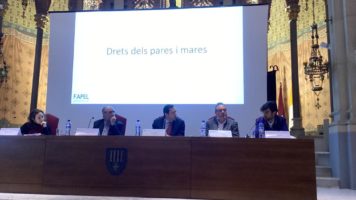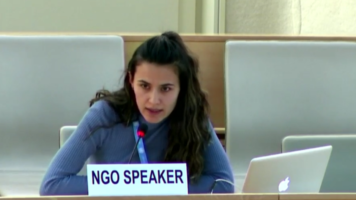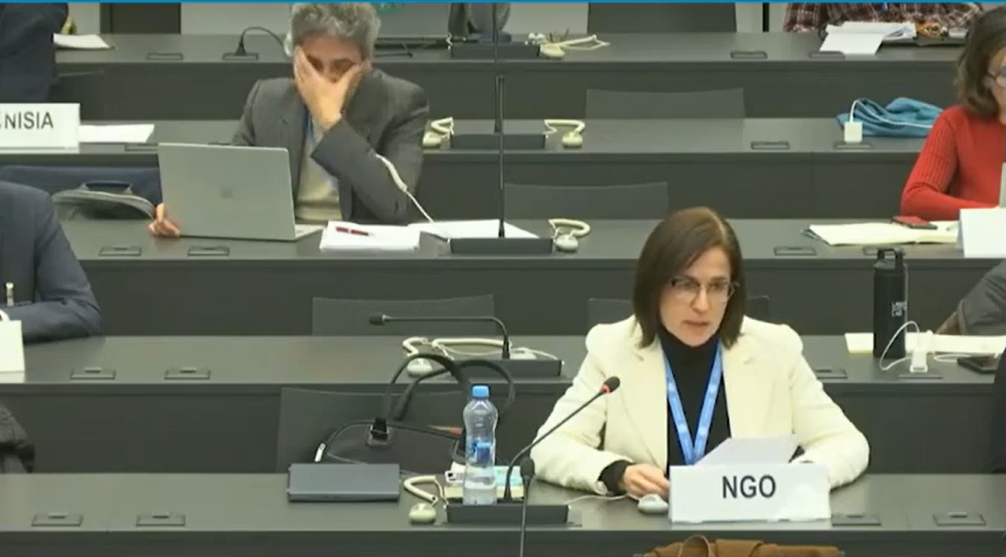From 6th to 8th of February, the OCHCR (Office of the United Nations High Commissioner for Human Rights) has organised a three-day to bring together stakeholders to discuss practical ways to further improve and strengthen the promotion and protection of economic, social, and cultural rights in the context of addressing inequalities in the recovery from the COVID-19 pandemic.
The meeting consisted of a high-level opening session, followed by six panel discussions and a closing session. In sessions 2-6, initial presentations by panellists were followed by interventions of participants. OIDEL contributed two oral statements in the second and fourth sessions.
The second session focused on critical reflection on progress, challenges, and the future of economic, social, and cultural rights. Josyane Zingg, on behalf of OIDEL, explained what progress, challenges, and the future look like for the right to education. She emphasized the rise of the States’ trust in parents during the pandemic and its human rights-endangering decline in the recovery from the pandemic.
Mayca San Andrés spoke on behalf of OIDEL at the fourth session, the theme of which was “Investing in social spending and tackling inequalities to move towards greater realisation of economic, social and cultural rights”. She welcomed and reaffirmed the resolution 49/19 adopted by the Human Rights Council and its emphasis on the important role of civil society in promoting and advocating the realization of the right to education.





